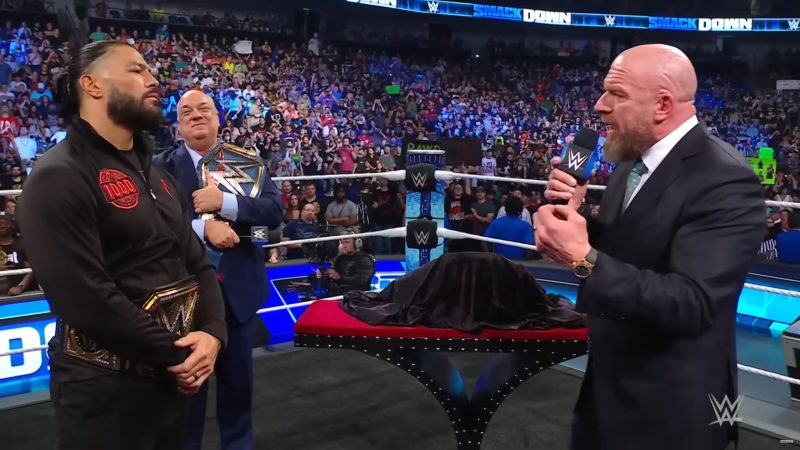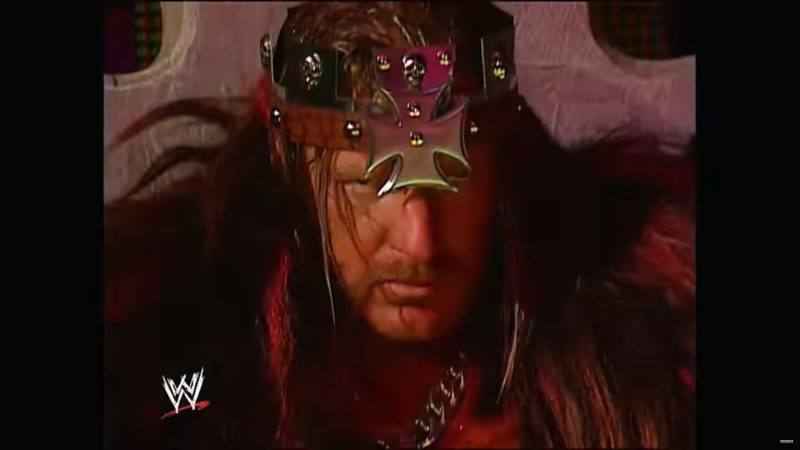In a world featuring flying elbows, gravity-defying leaps, and heart-pounding octagon action, corporate boardrooms and market shares may seem like a separate universe. But as WWE and UFC prepare to blend into one entity - TKO Holdings Group - those boardrooms have become rings of a different kind.
Paul "Triple H" Levesque, a titan in both the ring and the world of sports entertainment, currently sits as WWE's Chief Content Officer. But as the merger dust settles, he is notably absent from the new board's lineup. Is this an unexpected twist or a deliberate corporate storyline?
This groundbreaking merger, worth an astronomical $9.3 billion, combines the world's largest combat sports entities - WWE and the Ultimate Fighting Championship (UFC). The merger is set to complete shortly after the Payback premium live event in September, culminating in a new era for combat sports entertainment.

Levesque, since joining the WWE Board of Directors in 2015, has been instrumental in shaping the company's creative trajectory. But the story unfolded rapidly: an SEC filing revealed Triple H will not join TKO's Board of Directors.


